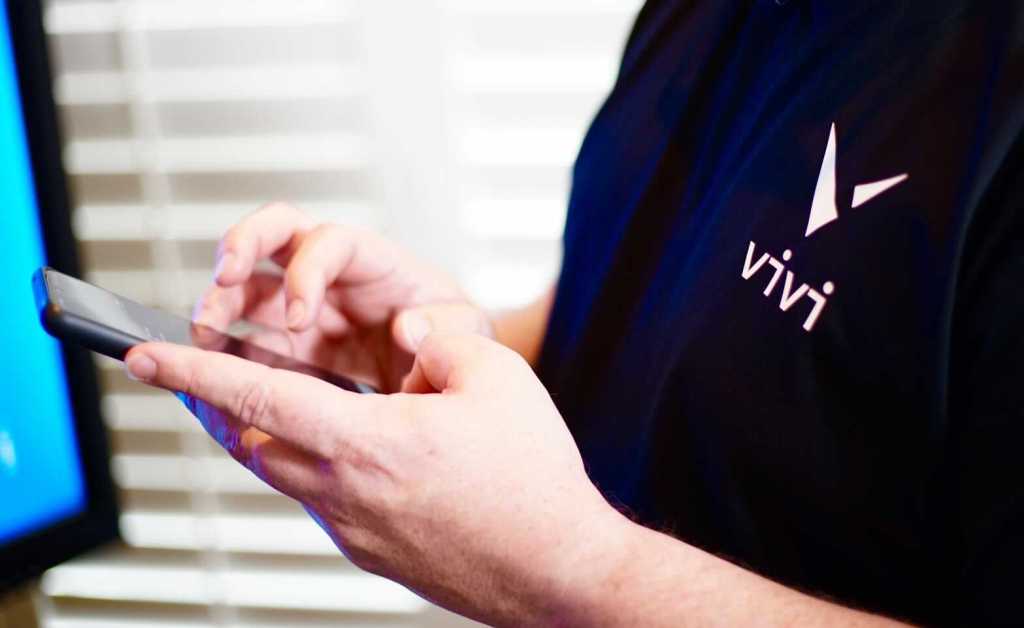Australian edtech startup Vivi has raised $20 million from education investor Quad Partners, funds that it intends to use to improve its platform, upgrade its operational infrastructure and hire more sales and marketing teams in the Americas, Europe and Asia.
This latest round sees Vivi reach $24.3 in total capital over five years, after it raised $4.3 million last year from New York’s Riverside Acceleration Capital (RAC) and a syndicate of Australian investors.
The new investment will help the startup to accelerate its overseas expansion across the world with a focus on the United States, the country with the highest percentage of educators using one-to-one computing (1:1) computing.
One-to-one computing refers to academic institutions like schools and colleges, which allow all enrolled students to use electronic devices to access the internet, digital course materials and digital textbooks.
Using Vivi, tutors can display their teaching material, including videos and exercises, to students, who then have the ability to annotate the content with their own notes on their own devices. Its other features include digital signage, emergency broadcasts, formative assessment, as well as student health and well-being checks.
The U.S., thus, remains a rich market for edtech companies like Vivi, which offers wireless presentation and screen mirroring technology to over 40,000 classrooms around the world, with the plan of reaching one million learning spaces in the next five years.
“Vivi has created demand overseas in a way that’s pretty unique — and largely by word of mouth. The company has evolved from a point solution into a comprehensive student engagement platform that has proven to be incredibly sticky,” said Vivi founder and executive chairman, Dr. Lior Rauchberger.
“Our next big goal is to be in a million classrooms as soon as possible and partnering with Quad will certainly speed that up,” he said.
In particular, the U.S. remains attractive to Vivi as it offers a market comprising nearly 14,000 school districts, with more than 130,000 K-12 schools, and over 5,000 universities and colleges.
Additionally, and as a consequence of the COVID-19 pandemic, there is unprecedented federal funding in the U.S. going into education, increasing the number of students with laptops, tablets and phones. This is as hybrid learning maintains a growing presence across the country.
“…right now, we are moving quickly to take advantage of some significant tailwinds, particularly in the U.S. With a rapidly increasing focus on technology enablement at schools, the highest ratio of 1:1 student devices ever, and increasing awareness of the instructional and administrative benefits of screen mirroring, we are thrilled to be able to get Vivi into the hands of more students, educators, and administrators quickly,” said Vivi’s chief executive officer, Natalie Mactier of their expansion plans.
Vivi was launched in 2016 as a simple and intuitive classroom engagement that enables students to instantly share their screens with the class or small groups for immediate feedback. The advent of the startup, however, goes back to 2013, as Australian entrepreneur Dr. Lior Rauchberger sought a wireless presentation solution for a client.
Unable to find one that was cost-effective and compatible with all devices, he set out to innovate, and three years later, Vivi was born as a partnership between Dr. Rauchberger, startup specialist Simon Holland and tech guru Tomas Spacek from Papercloud Ventures.
So far, Vivi is in 12 countries spanning Australia, Europe, Middle East, South East Asia and the Americas.
In its international expansion, Vivi is contesting challengers like Airtame, Eupheus, Coorpacademy and Droplr, all being part of a global edtech market that is set to increase by USD 112.39 billion from 2020 to 2025, 46% of which will originate from North America.































Comment